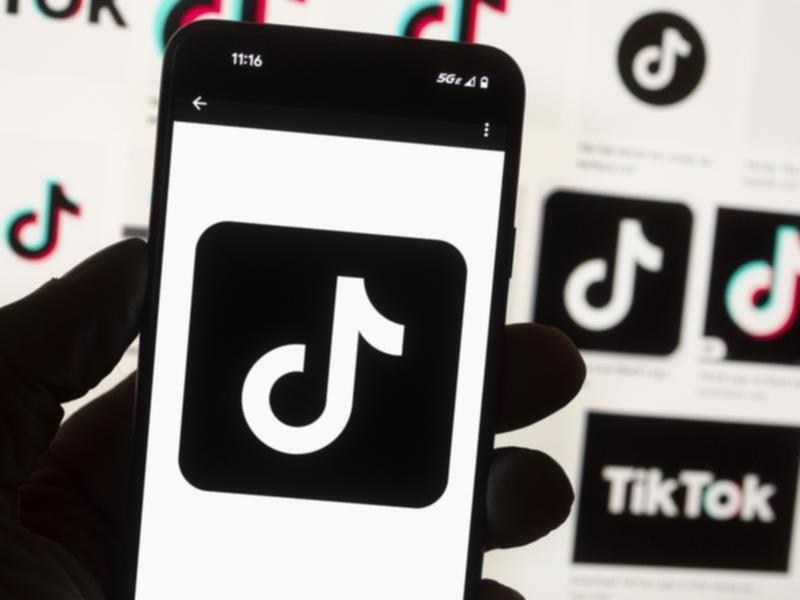TikTok’s viral ‘no-spend month’ could come back to bite you
It’s a popular saving technique that is taking the world by storm, but experts have warned it could actually see you spending more.

TikTok is chock-full of tips for building wealth.
The latest money-saving trend taking over is the “no-spend month,” which encourages TikTok users to cut out all non-essential purchases for a set period.
But, in this case, even the best intentions can backfire.
Sign up to The Nightly's newsletters.
Get the first look at the digital newspaper, curated daily stories and breaking headlines delivered to your inbox.
By continuing you agree to our Terms and Privacy Policy.Here is what you should know before swearing off unnecessary spending.
The no-spend rules
The “no-spend” challenge can last for a week, a month or even a full year.
Some consider it akin to a detox or fast, which can help break the habit of overspending.
Any funds that would otherwise be spent on new clothes or dining out can be put toward a long-term financial goal.
On its face, “the no-buy challenge is as much pragmatic as it is symbolic,” according to Gregory Stoller, a professor at Boston University’s Questrom School of Business.
“Why purchase non-essential products that you don’t need to begin with?” he said.
Consumers often track their daily progress and try to rack up as many consecutive no-spend days as possible.
“The gamification can be kind of fun,” Ted Rossman, senior industry analyst at Bankrate, recently told CNBC.

‘No spend’ pledges can be hard to sustain
Like any quick fix, such a challenge could be hard to sustain over time.
“The potential complication with the no-buy challenge is to what extent people are willing to honour their commitment,” Mr Stoller said.
Just as Americans often fail to uphold their New Year’s resolutions, it’s even easier to break a no-buy promise with a simple click, he added.
“And in most cases, you don’t even need to make the extra effort of opening a laptop if your phone is in your pocket,” Mr Stoller said.
And then there is the risk of splurging even more on impulsive purchases, a phenomenon also known as revenge spending or even “doom spending.”
Alternatives to the no-buy pledge
Most financial experts say there is no shortcut to practising good money habits.
Rather than hop on the latest extreme fad, “it comes back to setting a budget and setting expectations,” Mr Rossman said.
“No hack can teach you self-control, mindful spending or how to keep your balance low,” Paul Hoffman, a data analyst at BestBrokers, who wrote a recent report on harmful FinTok trends, also said.
Michael Hershfield, founder and CEO of Accrue Savings, recommends creating a budget that aligns with your overall financial goals, income and expenses and then keeping track of your spending and your budgeting plan so you can make adjustments as needed.
“By moderating, rather than going cold turkey, you will set yourself for long-term financial health,” Mr Hershfield said.
Ultimately, consumers should focus on “intentional spending by making purchases with a clear purpose in mind that aligns with your personal financial situation and goals,” Mr Hershfield said, rather than following any purchasing advice on social media.
